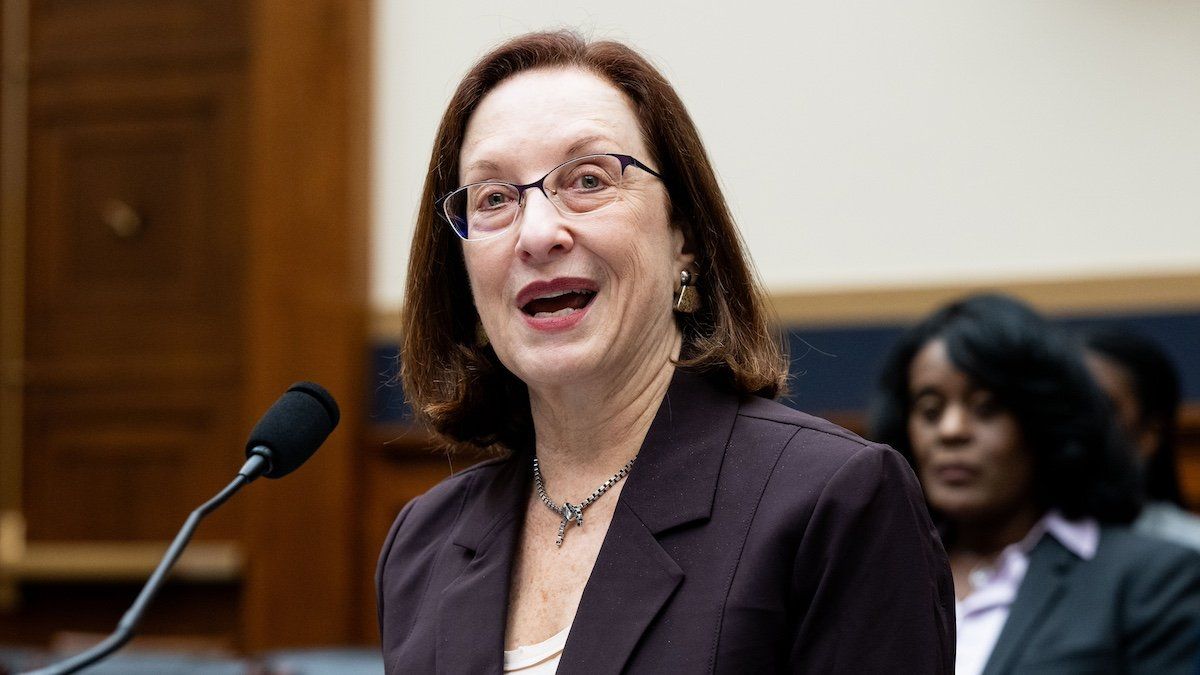It might not be the flashiest agency in Washington, DC, but the Copyright Office, part of the Library of Congress, could be key to shaping the future of generative AI and the public policy that governs it.
The New York Times reports that tech companies – no strangers to spending big bucks on lobbying – are lining up to meet with Shira Perlmutter, who leads the Copyright Office as Register of Copyrights. Music and news industry representatives have requested meetings too. And Perlmutter’s staff is inundated with artists and industry executives asking to speak at public “listening sessions.”
Copyright is central to the future of generative AI. Artists, writers, record labels, and news organizations have all sued AI companies, including Anthropic, Meta, Microsoft, and OpenAI, claiming they have broken federal copyright law by training their models on copyrighted works and, often, spit out results that rip off or replicate those same works.
The Copyright Office is set to release three reports detailing its position on the issue this year, which the Times says will be “hugely consequential” as lawmakers and courts grapple with nuanced questions about how intellectual property law jibes with the cutting-edge technology.
